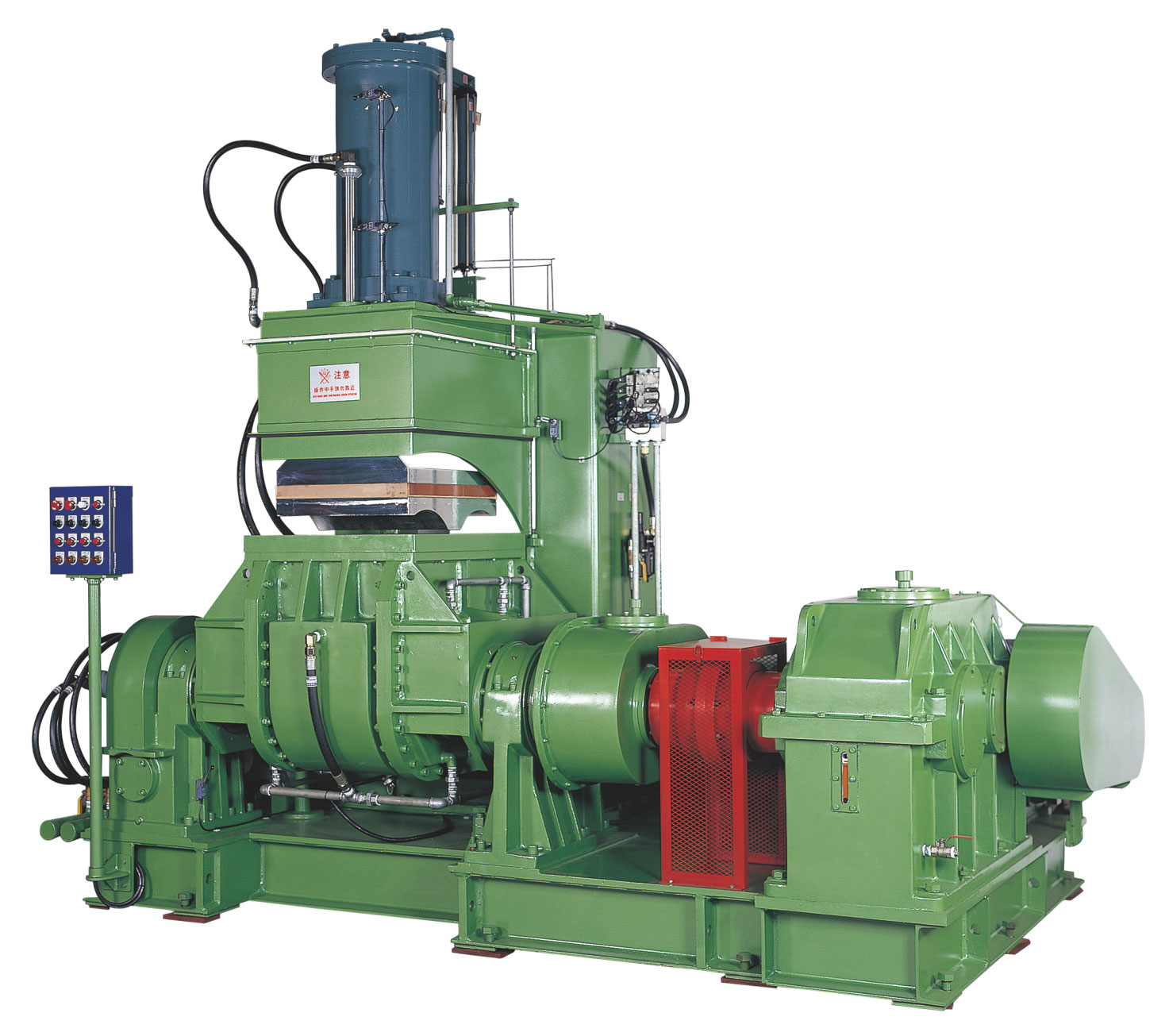
Introduction
In various industries, particularly those involved in the manufacturing of polymers, elastomers, and other composite materials, the dispersion kneader plays a pivotal role. This Dispersion Kneader piece of equipment is designed for the processing and mixing of materials, ensuring that different components are uniformly distributed. This article delves into the working principles, applications, advantages, and considerations associated with dispersion kneaders.
What is a Dispersion Kneader?
A dispersion kneader is a type of internal mixer that is widely used in the rubber and plastics industry. It consists of two rotors that rotate in opposite directions within a closed chamber. The design allows for high shear forces to be applied to the materials being processed, resulting in thorough mixing and dispersion of fillers, pigments, and other additives into a base material. The kneading process enhances the physical properties of the final product, making it suitable for various applications.
How Dispersion Kneaders Work
Dispersion kneaders operate on the principle of shear and kneading. The rotors create a powerful mixing action, subjecting the materials to intense mechanical stress. As the materials are drawn into the gap between the rotors, they are subjected to both shear forces and compressive forces, which promote thorough mixing. This process effectively breaks down agglomerates, ensuring that all components are uniformly dispersed throughout the mixture.
Applications of Dispersion Kneaders
Dispersion kneaders are versatile machines used in a variety of applications, including:
- Rubber Processing: In the rubber industry, dispersion kneaders are used to mix raw rubber with fillers, accelerators, and other additives, producing compounds suitable for tires, seals, and gaskets.
- Plastic Compounding: These machines are crucial for the production of plastic compounds, allowing for the blending of resins with colorants, stabilizers, and other functional additives.
- Cosmetics and Personal Care Products: Dispersion kneaders are used to mix emulsions and creams, ensuring a uniform distribution of active ingredients.
- Pharmaceuticals: In the pharmaceutical industry, these machines are utilized to create formulations with precise mixtures of active ingredients and excipients.
- Food Industry: Dispersion kneaders can be used to mix food ingredients, particularly in the production of specialty food items where uniformity is crucial.
Advantages of Dispersion Kneaders
- Efficient Mixing: The design and operation of dispersion kneaders allow for efficient mixing, reducing processing time and enhancing product quality.
- Versatility: Dispersion kneaders can process a wide range of materials, including those with high viscosity, making them suitable for various industries.
- Uniform Distribution: The high shear forces ensure that materials are uniformly dispersed, improving the physical properties of the final product.
- Energy Efficiency: Modern dispersion kneaders are designed to optimize energy consumption while maintaining high mixing performance.
- Automated Processes: Many models come with advanced control systems that allow for precise monitoring and adjustment of mixing parameters, improving consistency and reducing waste.
Considerations When Using Dispersion Kneaders
While dispersion kneaders offer numerous advantages, there are several considerations to keep in mind:
- Material Compatibility: It’s essential to ensure that the materials being processed are compatible with the kneader’s design to prevent damage and ensure optimal performance.
- Temperature Control: The mixing process can generate heat, which may alter the properties of temperature-sensitive materials. Effective temperature control systems are crucial to maintain the integrity of the materials.
- Maintenance Requirements: Regular maintenance is necessary to ensure the longevity and performance of dispersion kneaders. This includes inspecting wear parts and ensuring proper lubrication.
- Initial Investment: The cost of purchasing and installing a dispersion kneader can be significant, requiring careful consideration of budget and expected return on investment.
Conclusion
Dispersion kneaders are invaluable in various industries, facilitating the efficient mixing and processing of materials. Their ability to produce high-quality, uniform products makes them a preferred choice for manufacturers dealing with complex formulations. Understanding the working principles, applications, and considerations of dispersion kneaders can help businesses optimize their processes and enhance product quality. As technology continues to evolve, these machines are likely to become even more efficient and versatile, further solidifying their role in modern manufacturing.
+ There are no comments
Add yours